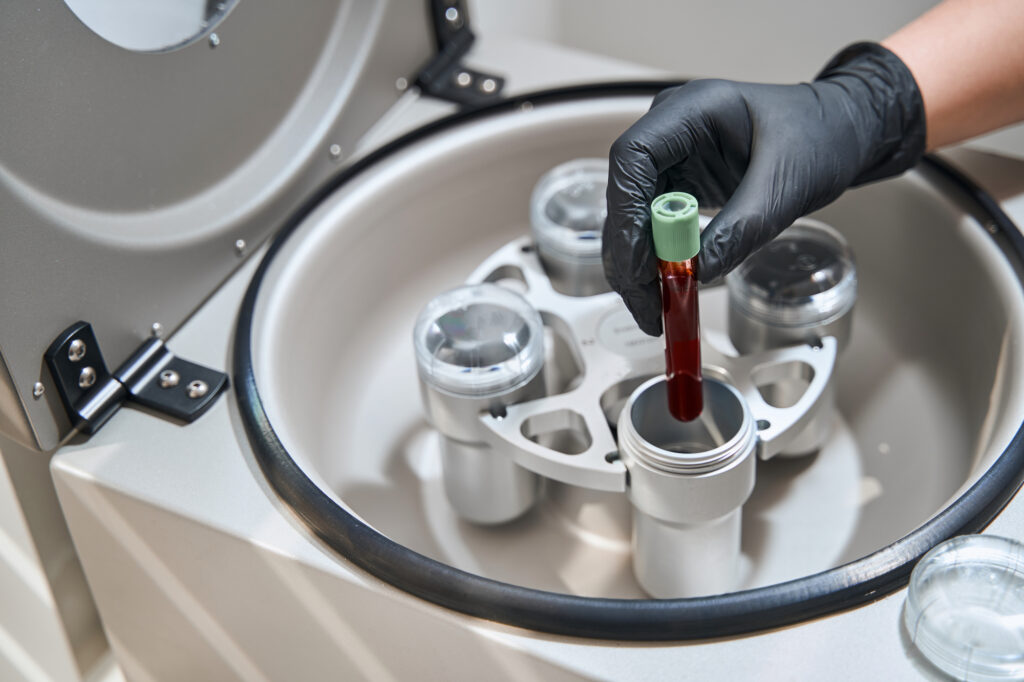Preconception counseling is an important step in ensuring a healthy pregnancy and safe delivery. It involves making an appointment with your doctor before attempting to conceive to discuss your individual health care needs and circumstances. During this visit, Dr. Jeffrey Kotzen discuss a range of topics including nutrition, exercise guidelines, screening for inherited diseases, vitamin and mineral supplements, travel considerations, and tips on the best time to conceive.
Dr. Jeffrey Kotzen will also assess your risk for conditions that may affect your pregnancy and provide any necessary vaccinations. Women who are planning a pregnancy should take a daily multivitamin with at least 400 milligrams of folic acid.
Prenatal visits will be scheduled as appropriate for your pregnancy, with the number of visits varying depending on your individual circumstances. Typically, low-risk pregnancies require fewer visits while higher-risk pregnancies require more visits. Your primary care doctor will recommend a schedule that is right for you.
During your prenatal visits, certain tests will be performed at specific times during the pregnancy, including the first visit for pregnancy dating and appropriate lab tests, the first trimester screen for ultrasound and blood tests, extended AFP screening or amniocentesis, ultrasound at 18-22 weeks, glucose tolerance test at 26-28 weeks, and culture for group B strep at 35-37 weeks.
Initial ultrasound will be performed by Dr. Kotzen in his office to confirm the pregnancy and viability. After this appointment, additional ultrasounds may be performed as needed and if desired by the patient on each and every visit.
All women are offered non-invasive screen for chromosomal abnormalities such as Down syndrome, which typically consists of a blood test and ultrasound between 10 and 13 weeks of pregnancy. Women who will be age 35 or older at the time of delivery and women who have a history of chromosomal conditions in their family are offered additional highly sensitive testing to detect fetal DNA in the mom’s bloodstream.
Dr. Jeffrey Kotzen will also offer screening to see if you carry any genetic conditions that could affect the health of your unborn baby, which may include tests for cystic fibrosis, clotting disorders, and other recessive conditions that affect many patient populations. In addition to medical care, nurse practitioners are an important part of the care team, providing prenatal and gynecological care as well as patient education on preparation for delivery, breastfeeding, diet, and exercise.



